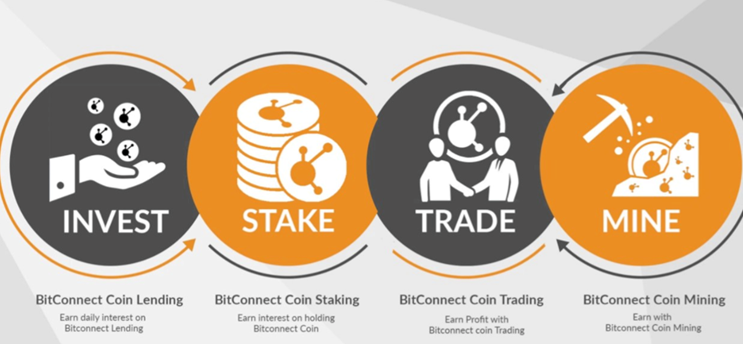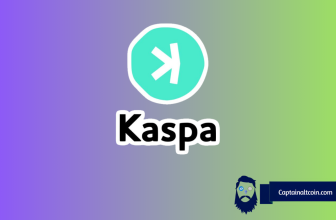
The class-action lawsuit that was filled against the now defunct cryptocurrency Bitconnect recently took on an interesting turn when the latest court filings announced Youtube and its owner Google as the defendants in the case. These news come in hand with increasing murmurs regarding this Google-owned platform struggle to properly police the content that is being posted on it.
Bitconnect was one of the hottest and most talked about cryptocurrencies in 2017. Built as a lending platform which promised monthly returns of 40% to everyone signed up for it, Bitconnect experienced a parabolic rise to fame. Its rise could be accredited mostly to a strong social media marketing campaign that managed to draw in thousands of people with the promise of easy riches. Naturally, as it always turns out with similar projects, BCC was exposed as a clear Ponzi scheme, where new investors’ money was used to pay the rates of the old ones.
After failing to pay the promised interest rates when the influx of new users dried up and after being issued cease and desist orders by several US financial law enforcement agencies, Bitconnect shut down all of its operations. Its founders, operators and promoters went into hiding, conveniently blaming “bad press” for their platform’s demise.
Nevertheless, the holders who saw their bags drop from $460 USD per coin to $0 in less than a month were not impressed with these excuses. A class-action suit was almost immediately filed on January 24th by six people who lost over $700 thousand USD. Filed through a law firm called Silver Miller, the original claims were that Bitconnect issued unregistered securities and ran a full-fledged Ponzi scheme.
Read here about best DASH wallets.
The lawsuit was soon expanded to include social media personalities which played a crucial role in promoting the project and incentivizing new users to invest their money into the platform. Trevon James, Craig Grant, CryptoNick and Ryan Hildreth were the most popular backers of Bitconnect and have amassed thousands of hours of content whose sole purpose was to talk about and present the platform in a good light.
These people benefited greatly from the referral program that BCC set up which basically gave the recruiter a percentage of every new investment they “recruit”. The lawsuit states that 58 million unique views were generated just from the top 10 promoters.
Recent updates suggest that Youtube itself is being considered responsible for the success of Bitconnect. Many crypto experts like Vitalik Buterin or Doug Polk have called out the project for what it was and hundreds of Youtube users flagged the videos of the promoters as guilty of breaching Youtube’s official “Spam, deceptive practices and scams” policy. Still, Youtube ignored all the reports and failed to remove the clearly malicious content. They even ran paid advertisements for Bitconnect in the months before it was exposed as a scam and are now being sued for it.
David Silver of Silver Miller commented:
“This case is not about YouTube being the speaker or publisher of the content on its website. Instead, liability is predicated on YouTube’s failure to act after learning from content directly published on YouTube of the readily foreseeable harm posed by its advertising partners… As the old saying goes: Sometimes when you lie down with dogs, you get fleas.”
Redditor Fovillain commented on this by saying:
“Youtube is paid to broadcast adverts. It even forces you to watch! They target ads to when they think people are psychologically most responsive, that’s also how Instagram works. They are not a passive platform by any means. So yes, they have some responsibility and should be accountable for their content.”
UltraBallUK offers a slightly more grim view on the situation:
“This is a very bad thing. The only thing that will come of this is that YouTube will now filter content to protect itself,” suggesting that legitimate cryptocurrency related projects and people will suffer as well.
As of now, neither YouTube nor Google have responded to this news.






